A drop in MacBook, MacBook Pro, and MacBook Air shipments year-over-year likewise resulted in Apple losing share in the world's declining laptop market, according to March-quarter research data.
Apple's estimated shipments slipped from 3.4 million to 2.53 million, said research firm TrendForce. That put Apple in sixth place with a 7.1 percent share, down from 8.8 percent in Q1 2015. In the most recent quarter — Q4 2015 — Apple controlled fifth place with 9.7 percent.
In that short-term shift, Lenovo rose from second to first place, taking 22.2 percent of the market and displacing HP, which saw its share dip 0.5 percentage points to 20.4 percent. The company that usurped Apple was Acer, which rose a spot despite its share sliding from 7.8 percent to 7.3.
Apple remained well ahead of Toshiba and Samsung, whose marketshares sat at just 2.4 and 2.2 percent, respectively.
TrendForce suggested that Apple suffered in the March quarter because it didn't have any new MacBooks ready, yet also wasn't offering any discounts. Apple's competitors, meanwhile, were putting out new PCs based on Intel's Skylake platform and taking advantage of Windows 10 adoption.
Apple did put out new laptops in April, but these were limited to a modest 12-inch MacBook upgrade, and the 13-inch MacBook Air getting 8 gigabytes of RAM by default. The Pro line has yet to be updated, and might have to wait until Apple's Worldwide Developers Conference in June.
 Roger Fingas
Roger Fingas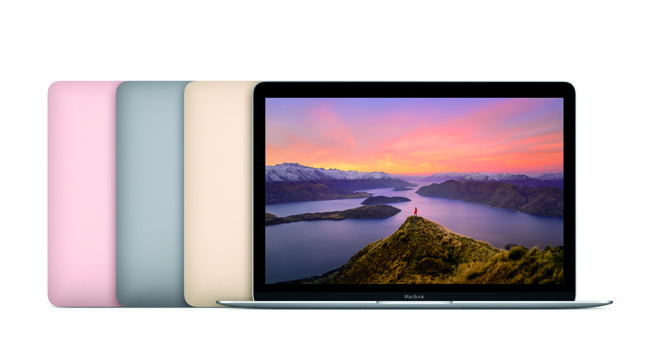
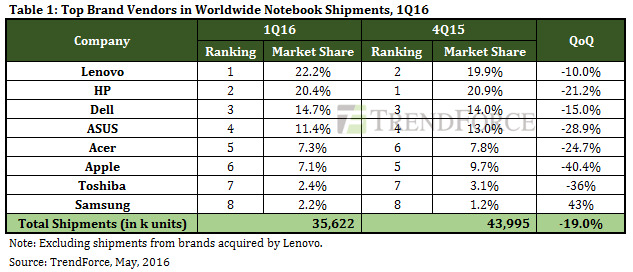

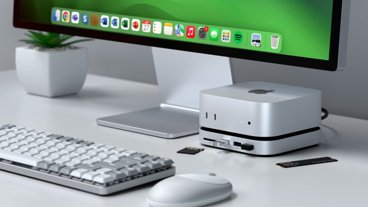






 Sponsored Content
Sponsored Content
 Wesley Hilliard
Wesley Hilliard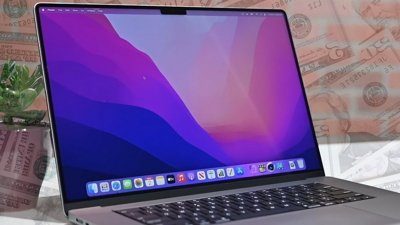
 AppleInsider Staff
AppleInsider Staff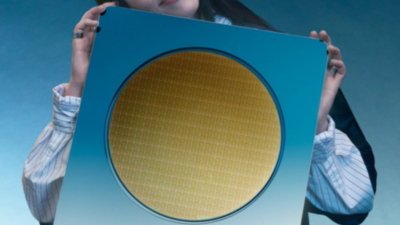
 Andrew Orr
Andrew Orr
 Amber Neely
Amber Neely

 William Gallagher
William Gallagher

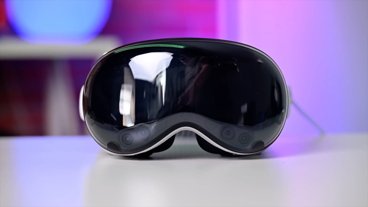






50 Comments
Expected results are expected.
It'll rebound if they cut prices and/or make meaningful updates without raising prices (they need to match or beat everything out there on the next update at Apple's current prices, IMO). Otherwise, expect to see this trend continue.
The MacBook is a great innovation, but a single port computer with a 12" display shouldn't start at €1,499 here. Do you think that could be one of the reasons why they are selling less of them?
It is possible for Apple to not introduce hardware at WWDC. However, it would be funny/not funny for Apple to
have sessions on things like H.265 encode-in-hardware, and Thunderbolt 3, and even fat binaries for ARM (if it comes to that) without
an available platform to showcase.